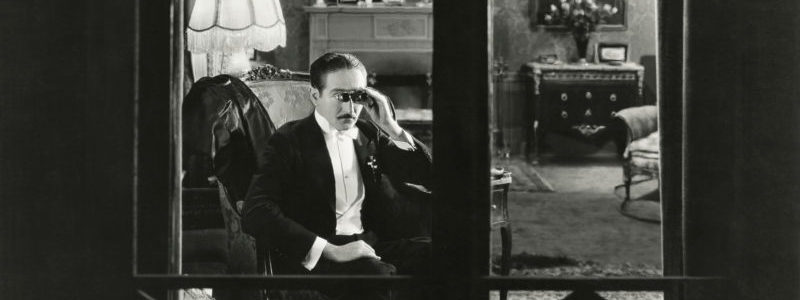No. But the answer is not as simple as I thought.
Historically, society tended to dub someone a Peeping Tom very liberally; almost lightly. Images of a little boy crawling around on a party floor trying to catch a glimpse under a girl’s skirt was seen as harmless; almost a rite of passage. In today’s “me too” world a Peeping Tom, of any age or gender, conjures up much more sinister meanings and assuring clients our practices do not violate the Peeping Tom Laws is critical to our success.
The best way to insure we are not accused of a Peeping Tom violation is to become an expert at defining what a Peeping Tom is and the legislation surrounding it. The documents referring to Peeping Tom laws, cases using it, and historical information are limited, but after much research I put together enough information to gain a clear understanding.
As defined by uslegal.com:
A Peeping Tom is a person who stealthily peeks into windows or other openings with the purpose of getting a sexual thrill from seeing women or girls undressed or couples making love. It is a slang term for a voyeur. Being a peeping tom is treated as a crime based on sexual deviancy, according to state laws, which vary by state. The victim of a Peeping Tom can bring a lawsuit for invasion of privacy.
The term Peeping Tom originates from Lady Godiva’s nude horseback ride through the streets of England in protest of taxation, and the secret peeks of a single tailor named Tom. (For the full story of the history of Peeping Tom see uslegal.com)
The definition leaves a lot of gray areas open to interpretation. For instance, who really knows the purpose of a “peek”, or what type of thrill he/she gets except the perpetrator themselves? My role in most cases is to clarify the gray area – provide fact based evidence that cannot be questioned. With regard to the Peeping Tom Laws, the state laws help define the otherwise gray areas:
The following is the New Jersey statute that deals with a Peeping Tom:
N.J.S. 2C:18-3c.:
c. Peering into windows or other openings of dwelling places. A person commits a crime of the fourth degree if, knowing that he is not licensed or privileged to do so, he peers into a window or other opening of a dwelling or other structure adapted for overnight accommodation for the purpose of invading the privacy of another person and under circumstances in which a reasonable person in the dwelling or other structure would not expect to be observed.
Well, we are licensed. Is this enough? Not for me. As I see it, the New Jersey statute still leaves me, and all Private Investigators, open for accusation. While we are licensed to conduct surveillance, many subjects we watch are not aware they are being watched. I’ve personally experienced depositions where the opposing attorney was stuck on that point and continued to cite a clear violation of the above statute.
So what is it that enables Private Investigators to do their job without violating the Peeping Tom laws?
Trespassing. Any ethical Private Investigator performing surveillance will avoid trespassing onto any private property. In doing so, the PI is licensed to be watching a subject in the professional interest of the case at hand.
In conclusion, it seems it is the combination of being licensed AND not trespassing that protects Private Investigators from violating the Peeping Tom Laws. Understanding how to work within this legal and ethical framework will insure any intelligence gained through surveillance can help and not hurt a case.
The following article goes into more depth if you are still unsure or would like to learn more about Peeping Tom Laws:
Aizman Law Firm – 9 Things You Should Know About “Peeping Tom” Laws










